Hello Alexander, what is your professional background – and don’t we already know you from somewhere?
Hello, thank you for your interest in getting to know me as your new Research Coordinator.
Well, new technologies have always fascinated me. I find it just as exciting to see how they find their way into the market as innovations. My management studies at TUM, with a focus on innovation management and entrepreneurial finance, gave me profound expertise in this area. Just as importantly, I learned to appreciate the exchange with completely different disciplines in my chemistry minor.
And yes, many colleagues at the Institute are already familiar to me. I did my doctorate under the supervision of Dietmar Harhoff and later supported him in scientific projects to advise policymakers and the public sector. For most of the topics, I worked together with colleagues in the legal department.
What exactly do you do as a Research Coordinator?
The scientists at the Institute conduct basic research on innovation and competition processes and their regulation ‒ the common research area connects them all. Yet, they ask very different research questions and use a wide range of methods. After all, a considerable number of researchers work at the Institute.
As a research coordinator, I constantly get an overview of the diverse research topics at our Institute. I use this bird’s-eye view to initiate discussions among researchers time and again. This can be a brief hint to an economist that legal colleagues are currently working on a question similar to his or her own. But it also implies organizing the Institute’s regular strategy conferences. Most importantly, it means seizing current opportunities for interdisciplinary projects and bringing them to fruition. At the moment, for example, I am coordinating and supporting a new working group that has formed on the topic of sustainability.
In summary, I help colleagues network and identify common topics where interdisciplinary collaboration is particularly valuable.
Alexander Suyer about Alexander Suyer?
When researchers get involved in interdisciplinary working groups ‒ often in addition to their core projects ‒ and become acquainted with new perspectives and approaches, this usually is a gain for them personally, but also additional work. To win them over, it helps that I myself have a great appetite for new things, really enjoy communicating with people and ‒ at least according to my wife ‒ can usually be quite patient. But even when I’m calm and level-headed, I can be quite assertive when it comes to important concerns.
In my life outside the Institute, I enjoy everything tech, for example by teaching our smart home new tricks. I am even more passionate about making travel plans ‒ with pleasure sometimes for friends and relatives, too.
To the personal webpage of Alexander Suyer




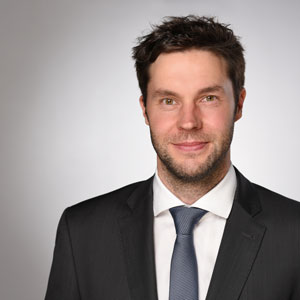

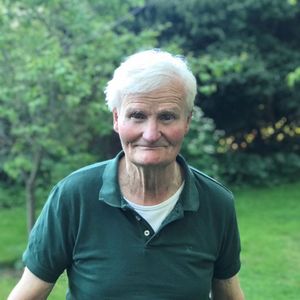

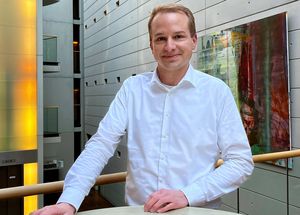

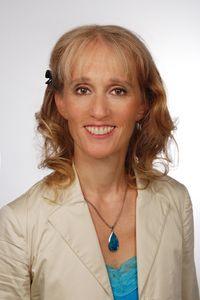

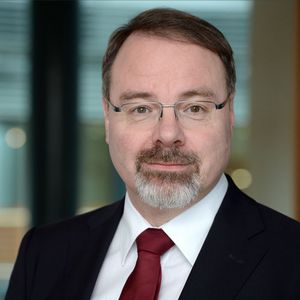

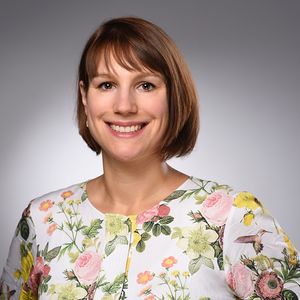

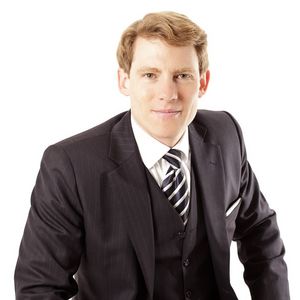
![[Translate to english:] Josef Drexl, Managing Director at the Max Planck Institute for Innovation and Competition, is member of the Data Governance Working Group of the Global Partnership on Artificial Intelligence (GPAI)a](/fileadmin/_processed_/e/e/csm_Josef-Drexl_Quadrat_c386cb677a.jpg)
![[Translate to english:] Josef Drexl, Managing Director at the Max Planck Institute for Innovation and Competition, is member of the Data Governance Working Group of the Global Partnership on Artificial Intelligence (GPAI)a](/fileadmin/_processed_/e/e/csm_Josef-Drexl_Quadrat_9f9865cdd9.jpg)